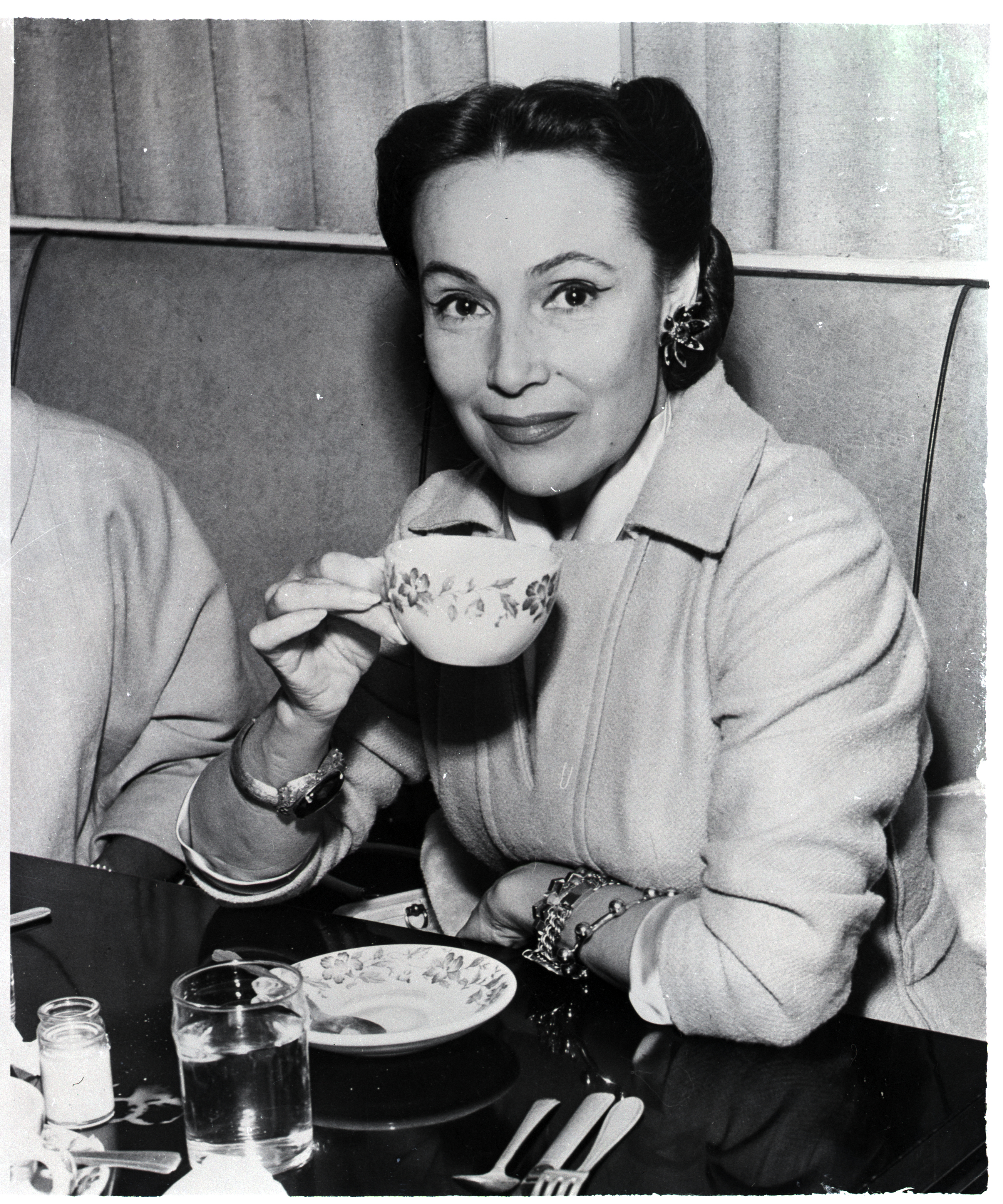
'Miss del Río,' a novel based on the life of the first Latina in Hollywood
Barbara Mujica wrote a novel based on the life and work of Mexican Dolores del Río.
Latinas have been characterized by their great courage, strength, bravery and independence throughout different eras. These qualities have been captured by Bárbara Mujica in her work.
Mujica was born in Los Angeles, but at a very young age she began to frequent Latin American movie theaters, where she learned about the culture of the region, but above all, about the stories of its women.
Dolores del Río, considered one of the main figures of the so-called Golden Age of Mexican cinema, is the muse of inspiration for Bárbara Mujica’s new work: Miss del Río.
The author spoke to AL DÍA about the details of this new release after almost 10 years.
“About 'Lolita,' as she was affectionately called, I am struck by her resistance, because she faced many obstacles since she was very young,” said Mujica, referring to the life of the actress who married at a very young age to an older man.

Mujica’s work tells the life of this important actress from the point of view of her hairdresser and best friend, Mara, who lives a different reality from that of the celebrity. This character allows the reader to connect with the story and is also special to Bárbara, as she is inspired by her mother, who was also a hairdresser.
“I started out writing the work in third person, so it was taking on documentary overtones, but I wanted the work to be told with more subjectivity and this was provided by Mara’s point of view,” said the author about her creative process.
Although a person cannot “get inside the character’s head,” as Mujica says, they can think about what it would be like to have a relationship with an artist as important as Dolores del Río. That is what is conveyed in the novel.
The choice of the character was not random, as Bárbara has always chosen to tell the story of independent women, who think for themselves, face difficulties, go against the current and inspire others, as Lolita did in her time.
RELATED CONTENT
Miss del Rio traces the life of a pioneering woman, whose legacy in Hollywood and in Mexico continues to shine. But more than that, it is the story of a great relationship between friends.
Mujica’s new book is available in English in physical form at bookstores nationwide or digitally on Amazon. The novel will soon be released in Spanish.
Mujica’s career
Barbara Mujica got her start in the profession by writing short stories for the publishing houses where she worked as a student in New York. In the late 90s, at one of multiple literary conferences, she submitted a first draft of the book that changed the course of her professional life — her bestseller Mi hermana Frida (2003), a novel translated into 18 languages.

Sister Teresa (2007), translated into Spanish in 2017, was her next biographical novel. Later, her curiosity to know and unveil the identity of Velázquez’s Venuses and muses led her to write and create her next fictional character for her third novel: I Am Venus (2013).
This time, the writer, returning to the land of Frida, focused on another fascinating character — Dolores del Río — and wrote a novel based on the life of the first international movie star of Mexican origin around 1920 and her vicissitudes, emigrating like so many others after the Mexican Revolution, until her return to Mexico.
From Mujica’s hand, we learn about the scope of her successes, challenges and difficult moments during her career through the different scenarios she traveled through and the socio-political contexts in which she had to survive.











LEAVE A COMMENT:
Join the discussion! Leave a comment.